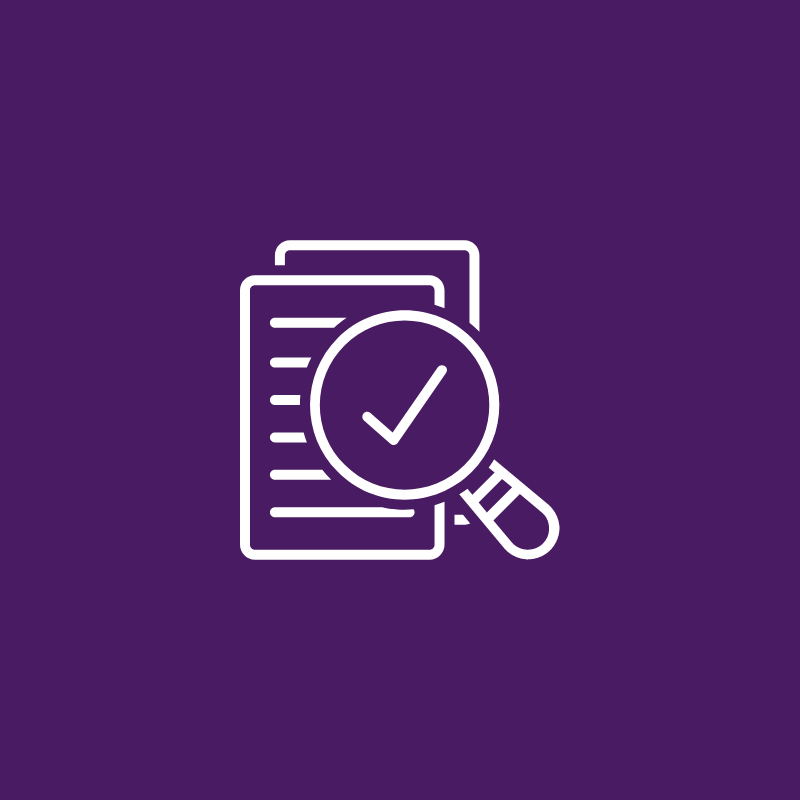Treatment and care for Pulmonary Arterial Hypertension (PAH) has changed drastically over the last decade. While PAH is a progressive disease, early treatment and effective self-management strategies can help to slow the worsening of symptoms.
Tharuka, 23, who was diagnosed aged 11 has been receiving intravenous medication – a needle to infuse the treating drug directing into the veins – to treat his condition since he started high school.
Navigating treatment and life with a rare and progressive condition can be challenging both physically and emotionally. Tharuka admits he struggled initially, particularly as someone who was athletic. We spoke with him to hear his experiences and tips for others – from living with a pump and line to prioritising mental health.
Tell us about your experience with intravenous medication.
It can be a little daunting at first, but it gets better over time. You dictate how you live your life, not the infusion. There are so many factors that could potentially impact the infusion, such as other people, temperature and pets. Over time, you learn how to approach different circumstances and those concerns move to the back of your mind. You may feel like the odd one out, like everyone is staring at you or talking about you, but most people don’t actually care. They may be curious, but it’s your choice what you tell them.
How do you take care of your mental health?
It sounds clichè but listen to yourself. You’re going through a lot. If you’re neglecting your emotions, those issues can boil up and become worse. When you listen to yourself, you learn a lot about yourself, including why you may feel a certain way. Find the things you enjoy most. For me, that is gaming, sport and friends. When you understand what makes you happy, you can use that to give yourself a boost of energy and happiness.
What’s your advice on asking for help?
There will be times where being alone isn’t so helpful, which is why it is so important to build a good support network. It could include family, friends, online friendships and peers. Having a good support group you can go to, even to just vent, is so important. It reminds you, in those moments when you feel alone, that you’re not. It gives you another way to ground yourself and see the situation from another perspective.

Connect to care
Being diagnosed with a rare lung disease like PAH can be overwhelming and isolating. In collaboration with clinical experts, we’ve developed a resource pack to help you better understand your condition and the important steps you can take to live well – from self-management strategies and exercise maintenance programs to peer support and looking after your mental wellbeing.





